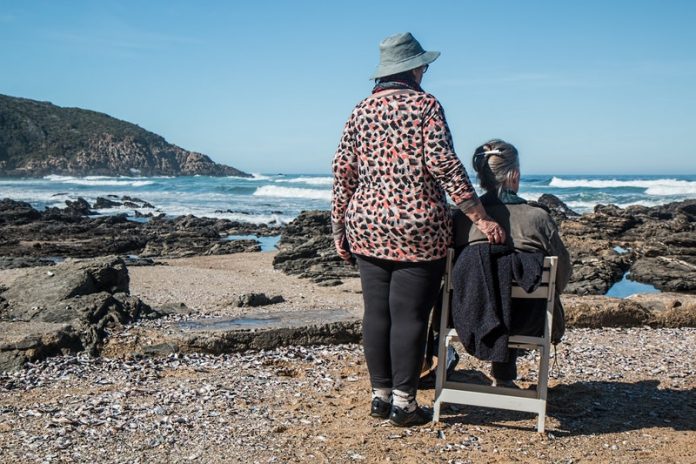
In two new studies, researchers have developed a groundbreaking method to detect a leaking blood-brain barrier (BBB) and a new anti-inflammatory drug.
The drug for the first time may slow or reverse age-related cognitive decline.
The research was conducted by scientists at Ben-Gurion University of the Negev (BGU) and the University of California, Berkeley (UC).
In one study, the team showed that measuring the leakiness of the blood-brain barrier via MRI and abnormal electrical brain activity via EEG can be used to screen people for a leaky BBB.
In the other study, the team found that when given the new drug to reduce inflammation, senile mice had fewer signs of dysfunctional brain electrical activity and were better able to learn new tasks, becoming almost cognitively adept as mice half their age.
These findings represent real hope that doctors can stop, and even reverse, the deterioration that until now we considered an inevitable part of aging.
It is the first diagnostic, coupled with personalized drug intervention targeting the BBB.
The BBB is a semi-permeable interface that separates circulating blood from the brain.
It also prevents the transfer of unwanted molecules or infectious organisms from the blood to the brain.
Increasing evidence shows that breaching the integrity of this barrier causes many brain diseases and neurodegeneration as a result of aging.
In analyzing brain tissue from humans, the found evidence of albumin in aged brains as well as increased neuroinflammation and production of TGF-β, a protein that controls cell growth.
Because albumin is typically synthesized only outside the BBB, increased albumin within the brain indicates BBB damage leading to inflammation.
The team developed an MRI imaging protocol—dynamic contrast-enhanced (DCE) imaging—and mathematical algorithms that quantify leakage in the BBB.
Using a new anti-inflammatory drug that specifically targets TGF-β signaling decreased the PSWE occurrences in BBB leakiness.
The drug, a small molecule called IPW, not only helps to alleviate the effects of a leaky BBB but seems to also heal the barrier.
Together, the evidence points to a dysfunction in the brain’s vasculature as one of the earliest triggers of neurological aging.
This combination of new diagnosis and a drug gives researchers the innovative ability to diagnose and treat patients with blood-brain barrier leakiness, and cease treatment once the BBB closes and danger decreases.
The team hopes their findings could help reduce brain inflammation, and thus permanent damage, after stroke, concussion or traumatic brain injury.
The drug may eventually help older adults suffering from early dementia or Alzheimer’s disease with demonstrated BBB leakage.
One author of the study is BGU Prof. Alon Friedman M.D., Ph.D.
The study findings are published in the journal Science Translational Medicine.
Copyright © 2019 Knowridge Science Report. All rights reserved.



